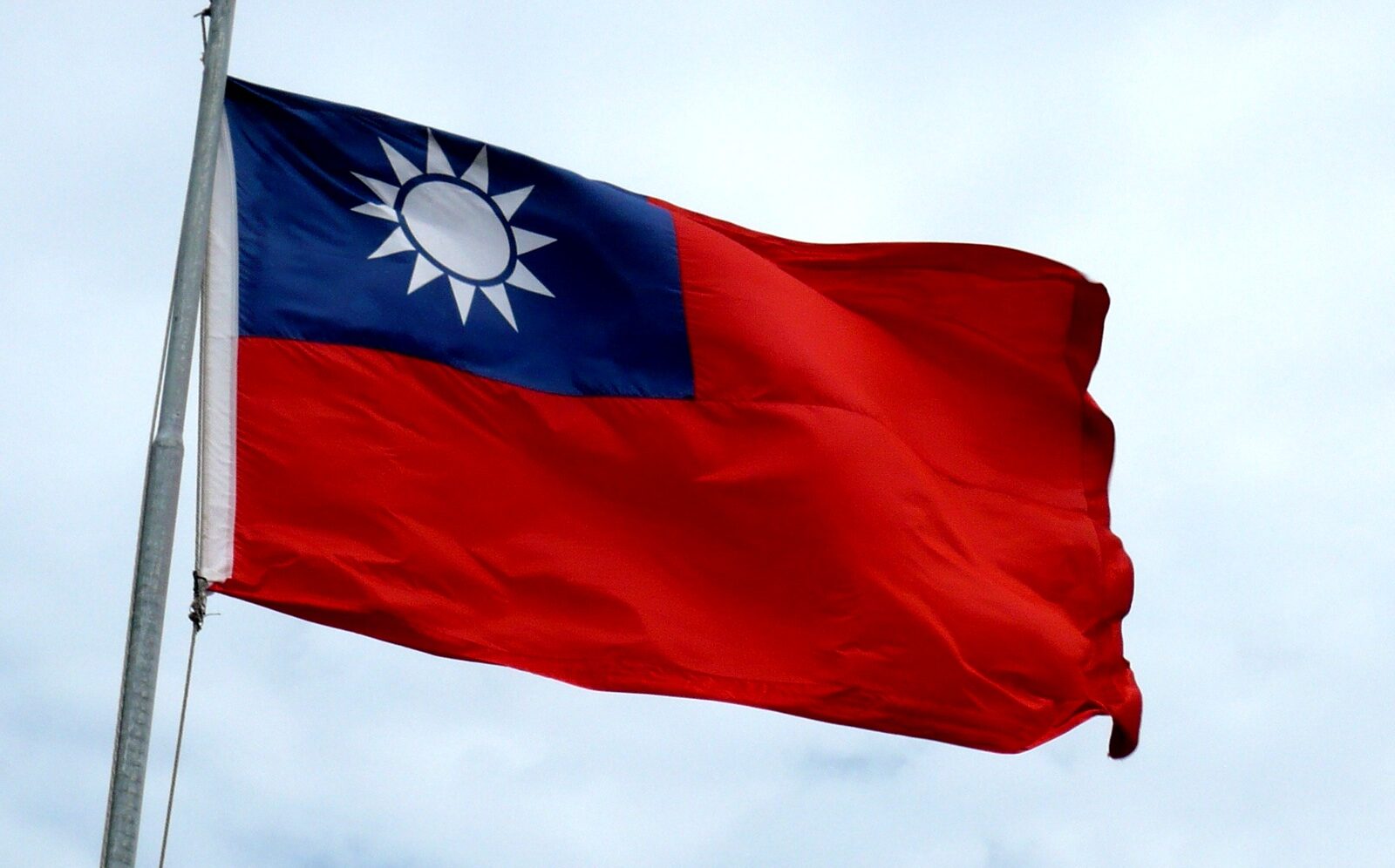Because Taiwan must be defended. Writes the Financial Times

Taiwan's fate affects not only the island but the whole world, writes the Financial Times. Should we defend Taipei's freedom from Beijing's demands?
Should the US defend Taiwan? This is not an abstract debate. Over the weekend, Beijing simulated bombing raids on the island, while its navy surrounded Taiwan. Writes the Financial Times .
In response to the constant escalation of Chinese military pressure on the island, President Joe Biden promised – four times – that the United States would defend Taiwan from a Chinese attack.
WHAT AMERICA AND EUROPE THINK
For some Americans, Biden's promises are little short of folly. Doug Bandow of the Cato Institute, a think tank, laments that "most [American] politicians are willing to risk national suicide to protect Taiwan." Why would war-weary America threaten to fight China, another nuclear-armed power, to defend an island of 24 million people located about 100 miles off the coast of China?
Skepticism about Taiwan's defense is even more pronounced in parts of Europe. Returning from a visit to China last week, President Emmanuel Macron hinted that France would not lift a finger to protect the island. Speaking of Taiwan, he told Politico that the "great risk" for Europe is that of remaining "entangled in crises that are not ours".
In fact, few expect the European military to get directly involved in a conflict over Taiwan. But the attitude of European politicians like Macron is important, because it will influence Chinese calculations on the economic and diplomatic costs of a possible attack.
It would certainly be easier for European and American leaders if they had no reason to worry about Taiwan's fate. But the reality is that a forced annexation of the island by China would have profound global consequences that would quickly be felt in Paris as well as Peoria.
There are three main arguments to defend Taiwan. The first concerns the future of political freedom in the world. The second concerns the global balance of power. The third concerns the world economy. Taken together, these arguments make a compelling case for keeping Taiwan out of the clutches of Beijing.
The Communist Party of China argues that a one-party system is the perfect system for China. The United States, he insists, should stop trying to promote liberal and democratic values, which don't work well in the West and which would be a disaster for a communal culture like China's. But Taiwan, a prosperous and thriving society, is living proof that Chinese culture is fully compatible with democracy. Its existence keeps alive an alternative vision of how China itself might one day be run.
Beijing has already crushed Hong Kong's aspirations for democracy. If Xi Jinping were allowed to do the same in Taiwan, the autocracy would take root throughout the Chinese-speaking world. Given that China is the emerging superpower of the 21st century, this would have grim political implications for the world. Those who are cynical about the United States' promotion of democracy might be even less appreciative of the protection of Chinese autocracy.
The idea that mainland China will one day embrace political freedom remains a distant prospect. But the Indo-Pacific region as a whole has several thriving democracies, including Japan, South Korea and Australia. All depend to some extent on the security guarantee of the United States.
WHAT WOULD CHANGE IF CHINA CONQUERED TAIWAN
If China were to destroy Taiwan's autonomy, either by invading it or forcing the island into an unwanted political union, US power in the region would be dealt a severe blow. Faced with the prospect of a new hegemonic power in the Indo-Pacific, the countries of the region would react. Most would choose to accommodate Beijing by changing their foreign and domestic policies. The desire to avoid offending the prickly new hegemon would quickly limit the freedom of speech and action of China's neighbors.
The implications of Chinese dominance in the Indo-Pacific would also be global, given that the region accounts for about two-thirds of the world's population and gross domestic product. If China dominated the region, it would be well on its way to replacing the United States as the world's most powerful nation. The idea that Europe is unaffected by this shift in global power is preposterous. Now more than ever, Europe depends on America's willingness to confront Russia, China's despotic ally.
One might argue that abstract notions like "hegemony" mean little to ordinary people. But a quirk of Taiwan's economic development means that control of the island would quickly have major implications for living standards around the world.
Taiwan produces over 60% of the world's semiconductors and about 90% of the more sophisticated ones. The gadgets that power modern life, from telephones to cars and industrial machinery, run on Taiwanese chips. But the factories that produce them could be destroyed by an invasion.
If Taiwan's chip factories survive but fall under Chinese control, the economic implications would be enormous. Control of the world's most advanced semiconductors would give Beijing a stranglehold on the world economy. As the US has already discovered, replicating Taiwan's semiconductor industry is much more difficult than it seems.
All these considerations – economic, strategic and political – make compelling the need for the United States and its allies to protect Taiwan. No one in their right mind wants a war between America and China. But today, as in the past, it is sometimes necessary to prepare for war in order to keep the peace.
(Excerpt from the press release of eprcommunication)
This is a machine translation from Italian language of a post published on Start Magazine at the URL https://www.startmag.it/mondo/taiwan-difesa-guerra-cina/ on Sun, 16 Apr 2023 05:12:00 +0000.
